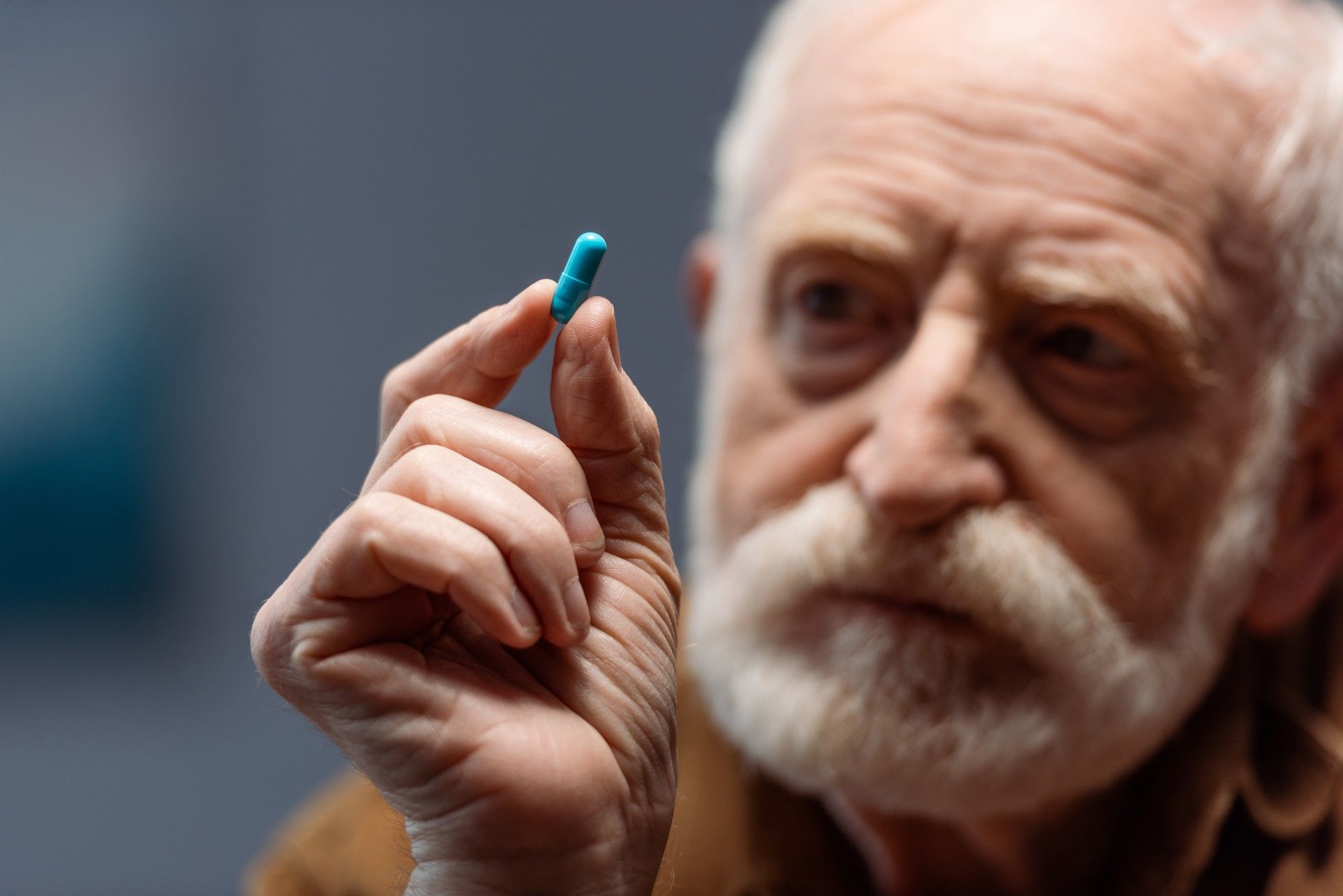Top Class Actions’s website and social media posts use affiliate links. If you make a purchase using such links, we may receive a commission, but it will not result in any additional charges to you. Please review our Affiliate Link Disclosure for more information.
The U.S. Department of Justice, which handles Medicare whistleblower cases, announced on Sept. 23, 2020, that California-based pharmaceutical company Gilead Sciences, Inc. agreed to pay $97 million to settle claims that the company violated the False Claims Act by receiving Medicare kickbacks.
The settlement was reached over allegations that the pharmaceutical company used a 501(c)(3) foundation called Caring Voice Coalition (CVC) to illegally cover the co-pays of its pulmonary arterial hypertension drug, Letairis, in violation of the anti-kickback statute, illegally receiving Medicare kickbacks for inducing patients to purchase the drug.
U.S. Attorney Andrew E. Leiling for the District of Massachusetts stated in the DOJ’s press release issued on Sept. 23, 2020, ”Like its competitors, Actelion and United Therapeutics, Gilead used data from CVC that it knew it should not have, and effectively set up a proprietary fund within CVC to cover the co-pays of just its own drug.” Further saying, “Such conduct not only violates the anti-kickback statute, it also undermines the Medicare program’s co-pay structure, which Congress created as a safeguard against inflated drug prices. During the period covered by today’s settlement, Gilead raised the price of Letairis by over seven times the rate of overall inflation in the United States.”
Acting Assistant Attorney General Jeffrey Bossert Clark of the DOJ’s Civil Division stated in the DOJ’s press release, “This settlement demonstrates the government’s commitment to hold accountable companies that pay illegal kickbacks, whether directly or through a third-party,” further stating, “We will not allow permit pharmaceutical manufacturers to set unaffordable drug prices while circumventing important cost-control mechanisms within the Medicare program.”
DOJ Claims Gilead Used Foundation as a Conduit for Medicare Kickbacks
The DOJ contended that Gilead provided payments to the foundation’s pulmonary arterial hypertension fund, illegally using it as a conduit to pay the co-pays of thousands of Medicare patients taking Letairis, in violation of the Anti-Kickback Statute, and causing false claims submitted to Medicare.
Gilead allegedly received information from the foundation between June 2007 and December 2010 concerning how many patients the foundation assisted, had spent on them, and expected to spend on them.
According to the settlement agreement entered into between the government and the pharmaceutical company, Gilead used the information to cover co-pays for those taking Letairis but not other pulmonary hypertension drugs made by other companies to induce patients into purchasing it, and to generate revenue from Medicare. The settlement agreement states, “Gilead engaged in this practice even though it knew it should not receive or use data concerning CVC’s expenditures on co-pays for Letairis.”
According to Law360, Gilead’s general counsel Brett A. Pletcher remarked, “Gilead does not believe it violated the law and had no intention of doing so.”
 What Is the Anti-Kickback Statute?
What Is the Anti-Kickback Statute?
The Anti-Kickback Statute is a federal law aimed at cracking down on federal healthcare fraud and abuse to safeguard the integrity of federal healthcare programs such as Medicare and Medicaid, and protect those who are the beneficiaries of the programs. The statute covers a wide variety of conduct and imposes criminal penalties for those who commit fraud against federal healthcare programs.
Under the Anti-Kickback statute, it is a crime for doctors, healthcare providers, and pharmaceutical companies to offer, pay, or solicit direct or indirect remuneration to induce the generation of business in connection with a federal healthcare program. The criminal statute also extends to co-pays.
Penalties for Medicare kickbacks, and other violations of the statute, can include substantial fines, imprisonment, and exclusion from federal healthcare program participation. Criminal penalties can include fines up to $25,000. In addition, the Office of the Inspector General for the Department of Health and Human Services can impose a monetary penalty of three times the amount of remuneration in addition to a $50,000 fine.
What Other Medicare Kickbacks Settlements Have Been Reached?
Several other pharmaceutical companies allegedly involved in Medicare kickbacks schemes also entered into settlements with the DOJ in the last few years. For example, United Therapeutics Corp. settled for $210 million in December 2017 to resolve claims involving allegations that the company used a nonprofit as a conduit for illegal kickbacks.
Actelion reached a resolution with the DOJ in December 2018, agreeing to settle at $360 million over similar allegations involving the company using a foundation to pay the co-pays of patients on pulmonary arterial hypertension drugs.
Additionally, Jazz Pharmaceuticals, Lundbeck, and Alexion all agreed to pay a combined total of more than $122 million to resolve allegations of Anti-Kickback violations that occurred within the last few years.
Free Medicare/Medicaid Fraud Whistleblower Evaluation
If you are aware of instances of systemic Medicare and/or Medicaid fraud within your place of employment — specifically healthcare facilities like hospitals, doctor’s offices, treatment centers, pharmaceutical companies, and more— take action today.
This article is not legal advice. It is presented
for informational purposes only.
ATTORNEY ADVERTISING
Top Class Actions is a Proud Member of the American Bar Association
LEGAL INFORMATION IS NOT LEGAL ADVICE
Top Class Actions Legal Statement
©2008 – 2024 Top Class Actions® LLC
Various Trademarks held by their respective owners
This website is not intended for viewing or usage by European Union citizens.
Get Help – It’s Free
Free Medicare/Medicaid Fraud Whistleblower Evaluation
Fill out the form below for a free case evaluation. If you qualify, a lawyer will contact you to discuss the details of your potential case at no charge to you.
Oops! We could not locate your form.
E-mail any problems with this form to:


 What Is the Anti-Kickback Statute?
What Is the Anti-Kickback Statute?










